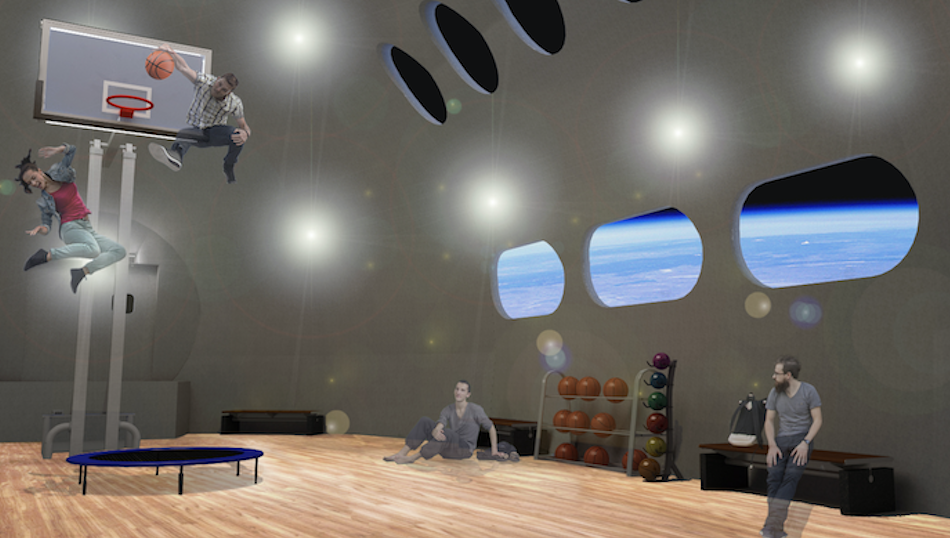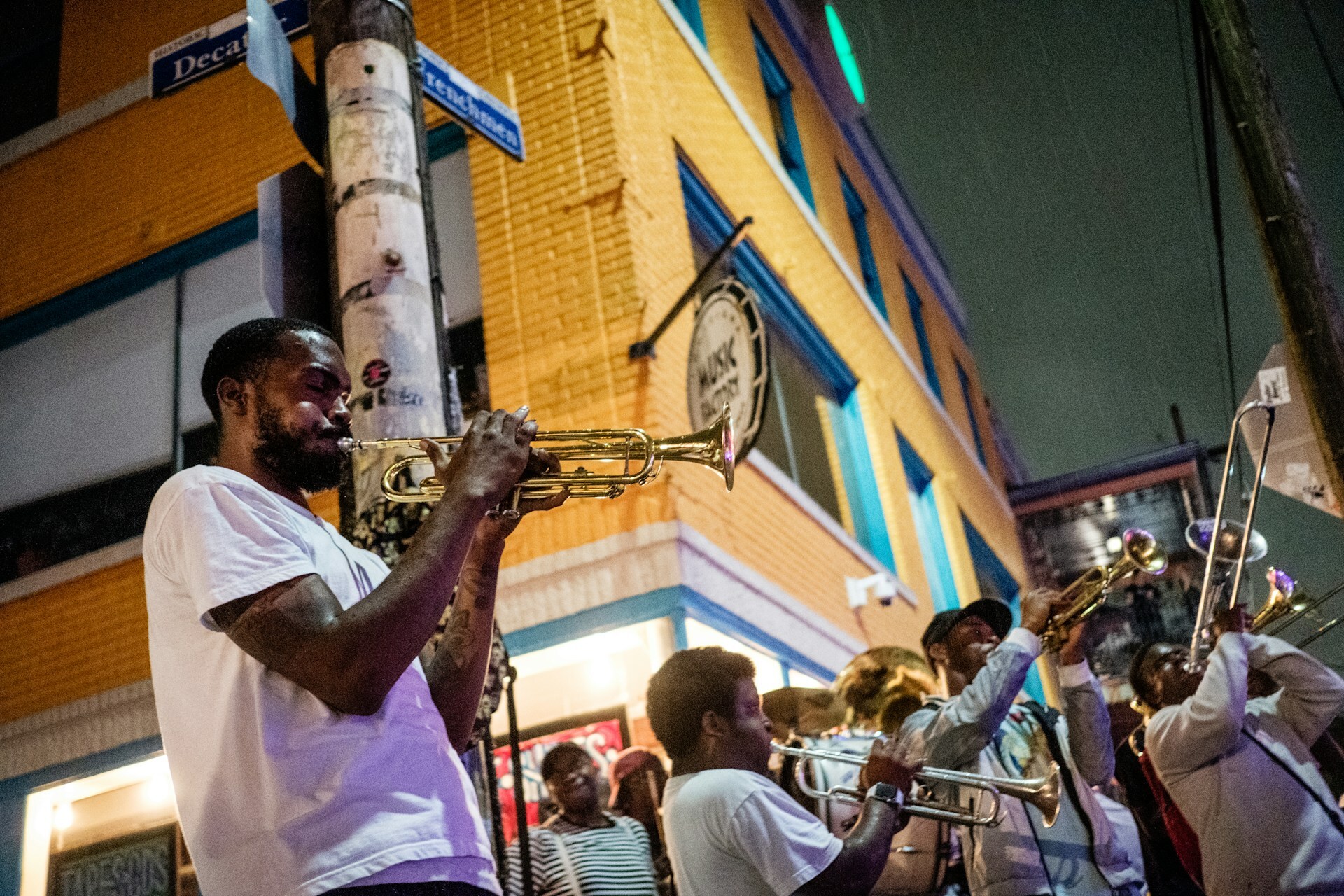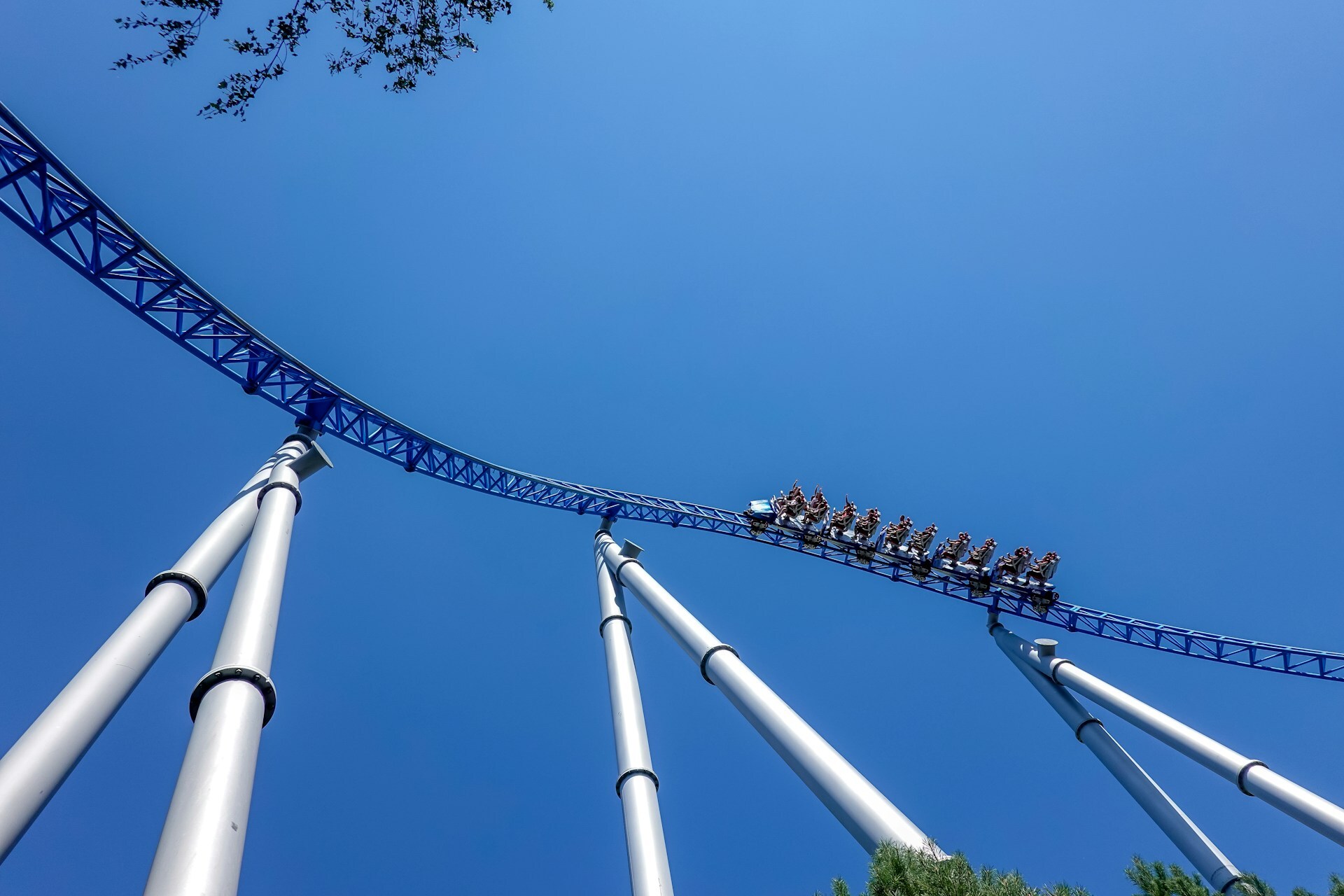'VON BRAUN STATION' set to construct the first space HOTEL complete with gyms, restaurants and much more.
The huge hotel is due to get under construction in 2025 before it's launched and opened to guests for 2027.
It is expected to be able to host up to 400 guests and include many features you might expect from favourite luxury cruise.
The station won't be in complete zero gravity as the average joe won't be able to spend a prolonged period of time completely weightless without vigerous training.
The spectacle could rotate around the Earth every 90 minutes, meaning you could get breathtaking views all the time.
The Voyager Class space station will be made up of a series of rings, with a number of 'modules' attached to the outermost of the rings.
Some of these 24 modules will be run by the Gateway Foundation and will be for things like crew quarters, air, water and power.
The space hotel will be packed with stylistic restaurants, relaxing health spa, cinemas, libraries, concert venues, and Earth-viewing lounges.
The near future could see you slam dunking into space.
The extra-terrestrial hotel would feature restaurants, gyms, sports arenas and concert venues. Meanwhile, inside, natural materials will make the station feel cosy rather than clinical.
Named after the German rocket scientist and space architect, Werner von Braun, who inspired the project, the Von Braun station will rotate in such a way as to create artificial gravity for its inhabitants.
It’s a concept that Von Braun put significant work into during his time working for the US space programme, which he joined after defecting form Nazi Germany in 1945.
However, the idea of a “toroidal” space station (referring to a mathematical doughnut shape whereby “the axis of revolution passes through the hole and so does not intersect the surface”) was first introduced by Russia’s Konstantin Tsiolkovsky in the late 1800s.









